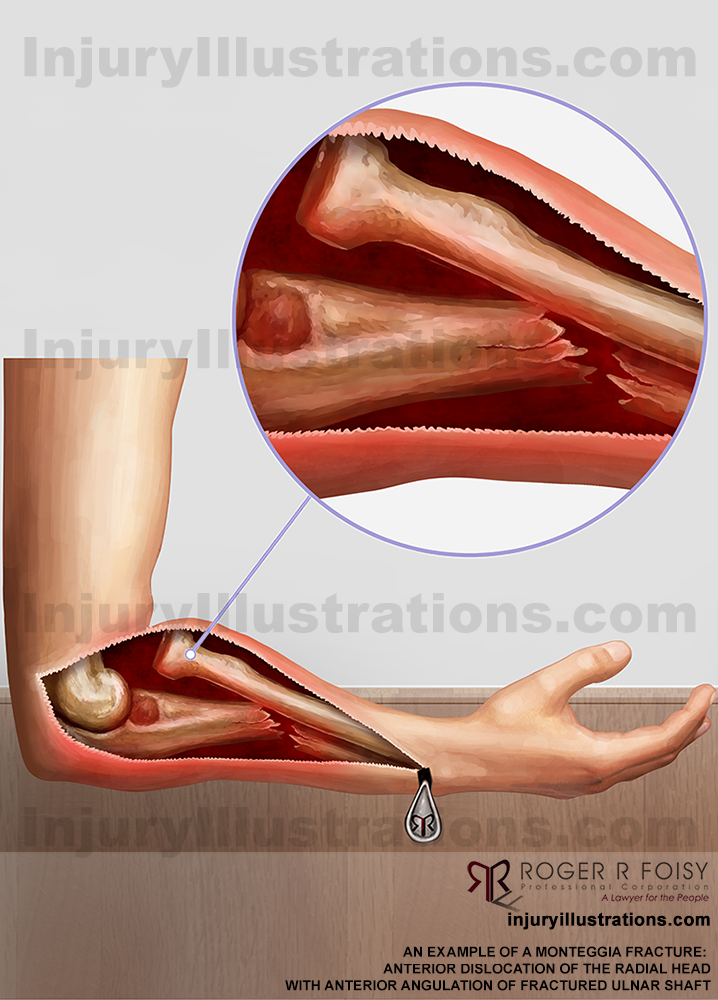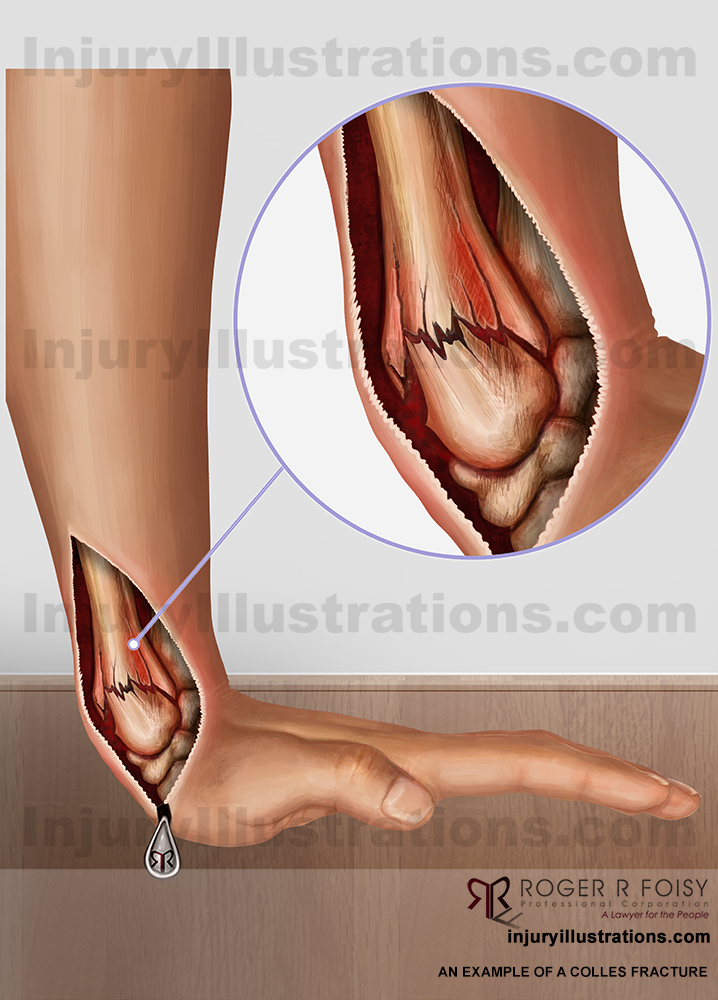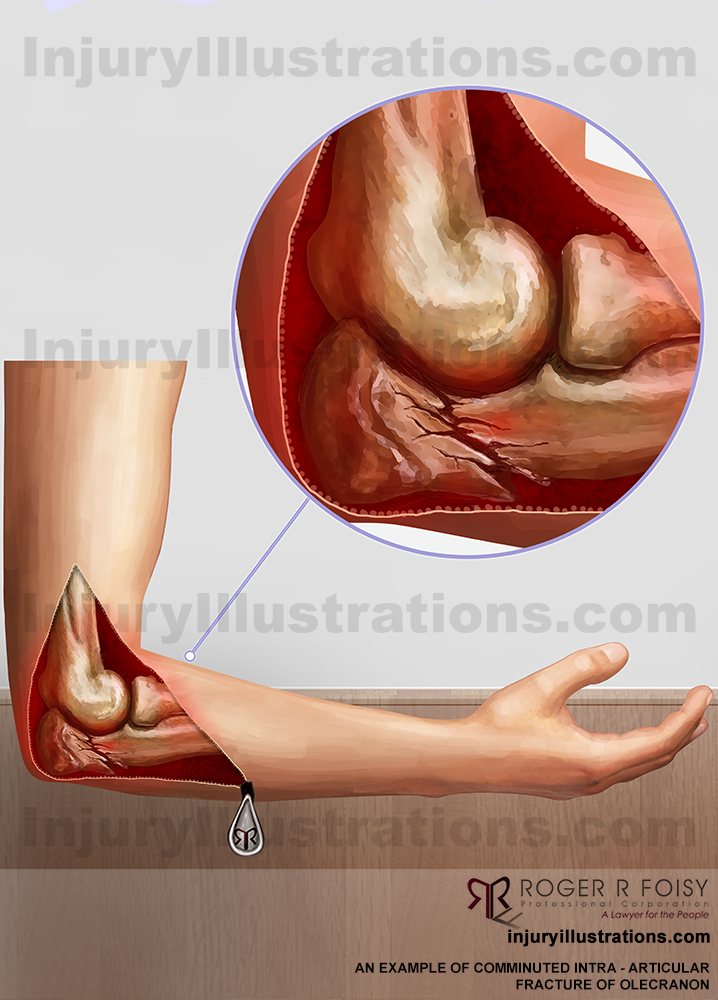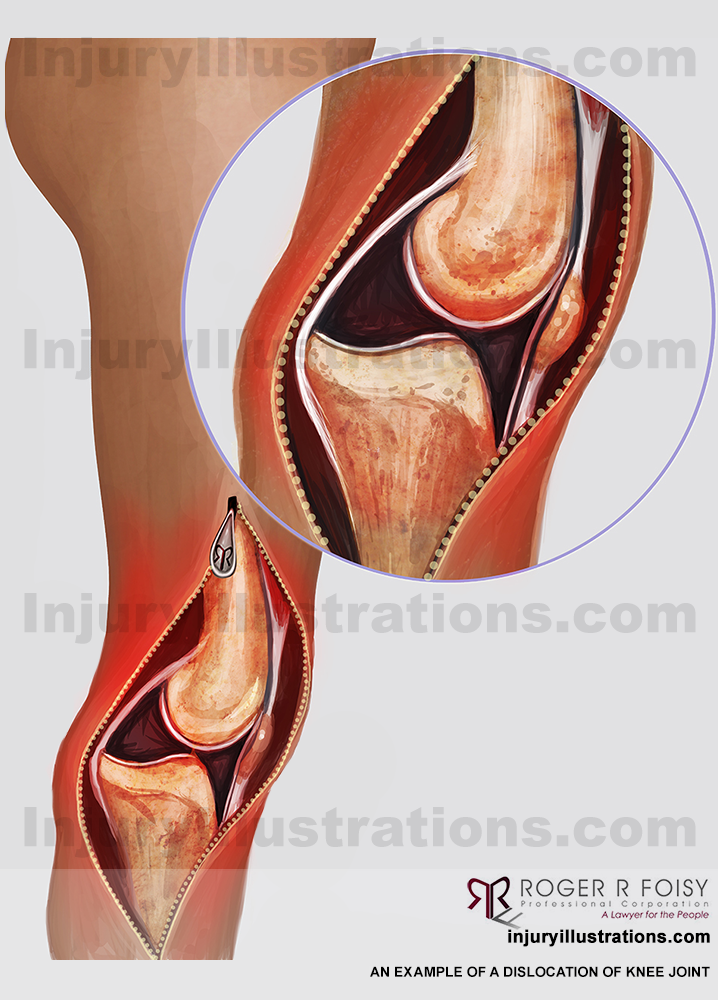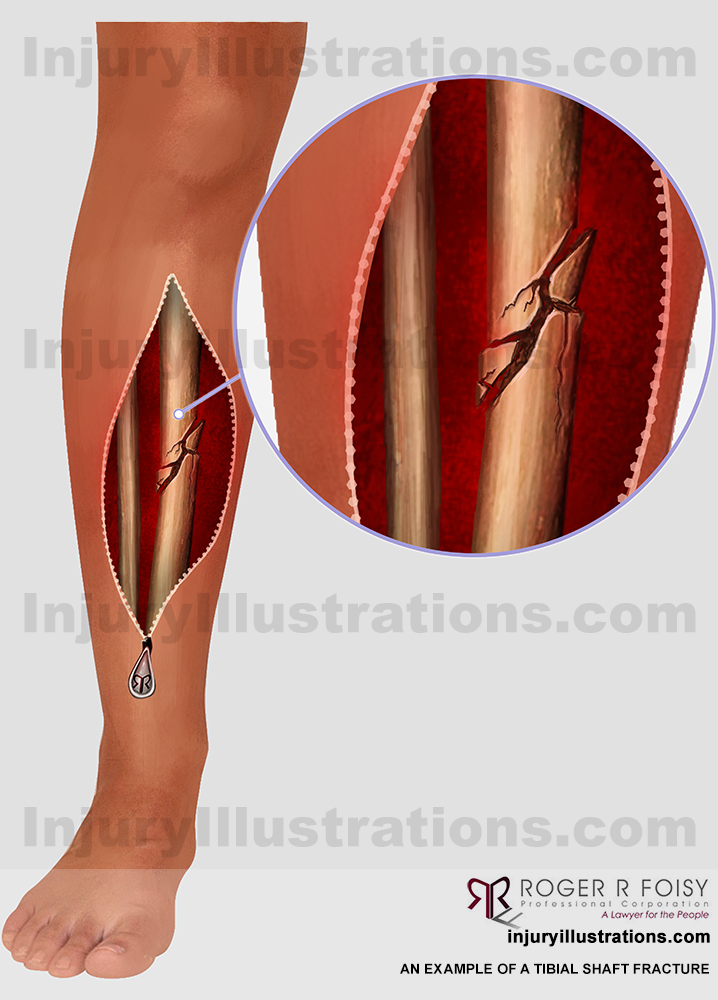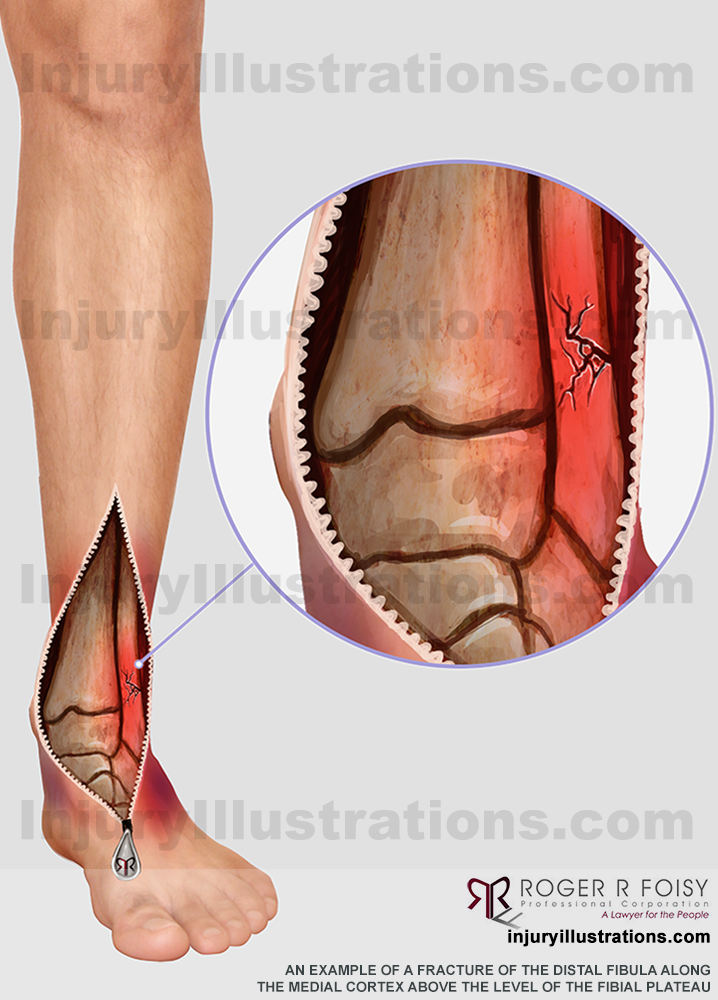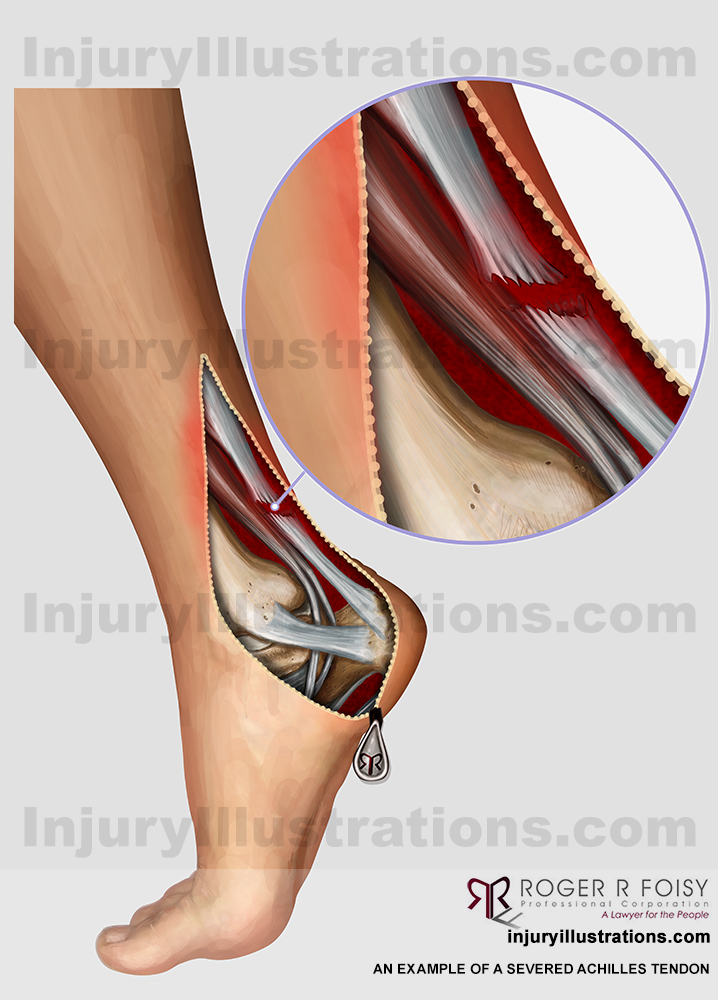Psychological Injury Claims
Psychological and psychiatric injuries are often “hidden” or “invisible injuries” because they are not immediately apparent in the way that an external injury or illness may be. If your emotional and psychological injury or illness is preventing you from carrying on with the activities of your daily life, you may be able to seek compensation for it.
Initial Consultations Are Always With A Lawyer
Foisy & Associates – Your Psychological Injury Lawyers
There are two situations where an individual who has suffered psychological or psychiatric injury could be entitled to making a psychological injury claim and, in turn, compensation.
If the injury is due to an injury” to “if your psychological condition is due to an injury, or if you cannot work in any occupation due to your condition, you may be able to sue the at fault party for your injury and/or submit a claim to your insurance company
Unfortunately, proving a psychological injury is a challenging process, made only harder as proving these injuries requires using objective statistics in a situation where symptoms and responses can vary by individual.
You need a psychological injury lawyer who is experienced in this area of law and understands the intricate processes required to get you the support you need and the settlement you deserve. You need the Foisy & Associates team.
Has a serious injury changed your life forever?
You don’t have to go through this alone.
Our team offers a compassionate, caring approach to each of our cases. There’s no need to feel like a claim number; you’re a person and deserve to be treated as one.
Work with a personal injury firm that provides legal expertise and the attention to detail you deserve.
Why trust us with your psychological injury case?
It takes a special level of understanding and attention to be able to work with people who are suffering from psychological and psychiatric injuries. Attentive communication and understanding of an individual’s situation are key.
The Foisy & Associates team has years of experience managing cases involving psychiatric injuries and has created effective strategies to help our clients receive the support they need. We understand the challenges you face with these conditions and adapt our approach to best help you.
Contact us if you have any questions about psychological injury or for a free consultation.

Frequently Asked Questions About Psychological Injury Claims
How do I seek compensation for a psychological disability claim?
There are two situations where a person suffering from a severe psychological disability can seek compensation:
If the Mental Health Problem Is the Result of an Injury
Sometimes, a personal injury can lead to a severe psychological illness, such as depression or post-traumatic stress disorder. In this scenario, you can sue the at-fault party for physical and psychological injuries.
If your psychological illness is causing you to be unable to return to work or carry out housekeeping duties, you can claim pecuniary (financial) losses. Non-pecuniary losses (losses not quantifiable by money) can also be claimed, such as difficulty engaging in social interaction, distraction from enjoying life, etc.
If You Are Unable to Work in Any Occupation due to a Severe Mental Illness
Some people have pre-existing psychological disabilities that result in an inability to work, while others develop them over time (for example, in a stressful work environment).
In these situations, you do not have an at-fault party to sue for your psychological illness; however, if your psychological disability makes you unable to work and you are covered by a short-term or long-term group or private disability policy, you can submit a claim to that insurance company.
Although your policy entitles you to short-term and/or long-term disability benefits, your insurance company may not approve your claim for various reasons. If the insurance company denies your claim, you can enlist a lawyer with experience in psychological disability cases to fight on your behalf and get you the benefits you deserve.
Why is it so hard to measure psychological injuries? Why is my insurance provider making this so difficult?
Unfortunately, people (including insurance companies) are more skeptical about psychological injuries than physical injuries. For this reason, it can be difficult to either sue an at-fault party for a psychological injury or receive the long-term disability benefits you are entitled to.
This is exacerbated by the challenge of accurately measuring a psychological injury with an objective diagnostic tool; it is more challenging to apply objective standards to mental illness, as each person responds differently.
To pursue a lawsuit or claim disability benefits for a psychological condition, you may be required to undergo an assessment using the “Global Assessment of Functioning” (GAF) scale. This tool is intended to objectively measure psychological impairment by assigning a score based on an individual’s mental functioning at a given time.
However, the GAF has two significant limitations:
- Snapshot in Time: The GAF assesses an individual’s functioning at a single point in time, providing only a “snapshot” of their mental state. Given that mental health can fluctuate, this one-time evaluation may not accurately reflect the person’s overall psychological condition.
- Impression Management: People often present their “best self” when being evaluated or meeting new professionals. This tendency can lead to artificially inflated GAF scores, suggesting a better mental state than is typical for the individual.
Because of these limitations, the GAF is considered a controversial tool for assessing mental disabilities. Relying solely on medical records or a one-time psychological examination may not provide sufficient evidence. This is where the assistance of a lawyer experienced in psychological injury claims becomes invaluable to ensure that the full extent of the disability is accurately presented.
What are some of the most common causes of psychological and psychiatric injuries?
- Psychological Disabilities Caused by Chronic Pain
Chronic pain – pain that lasts beyond the usual recovery period – is a common cause of psychological disabilities. The Canadian Psychological Association estimates that between 10-30% of Canadians experience chronic pain.
Over time, the strain of constant pain can wear down a person’s mental fortitude; it disrupts sleep, decreases energy, and can impair their ability to go about their daily activities of living. Chronic pain can also be associated with severe depression, anxiety, and substance abuse.
- Psychological Disabilities Caused by Burn, Scar, or Disfigurement Injuries
Whether due to a dog bite or a car accident, a burn, scar, or disfigurement is an ever-present reminder of the incident. This has a real psychological effect and can cause anxiety, depression, or even post-traumatic stress disorder (PTSD).
Regardless of a person’s internal strength, the constant reminder of pain, fear, and suffering wears down emotional defences over time. Furthermore, it can impact the person’s sense of self-worth, as most of us take pride in our appearance.
It can be difficult for others to understand the true psychological impact of having a visible scar.
- Psychological Disabilities Caused by the Workplace
The workplace is an example of a place where psychological injuries can occur. Anxiety and depression are two such mental health issues that commonly stem from workplace problems.A stressful, poorly managed work environment can be the source of repetitive strain and anxiety for many employees, eventually creating mental health problems. Over time, such issues can become chronic and even more difficult from which to heal.
Related Insights
TALK TO A LAWYER
Request a FREE Consultation
This can be a difficult time, with many uncertainties regarding potential claims. We’ll spend as much time as needed to understand you and your unique situation.
To start your free consultation, simply fill out this form or call us at (905) 286-0050.
Explore our Injury Resources
Explore Potential Settlement Values for Common Injuries
Use our interactive chart to explore potential settlement values for various injuries.
Testimonials


















